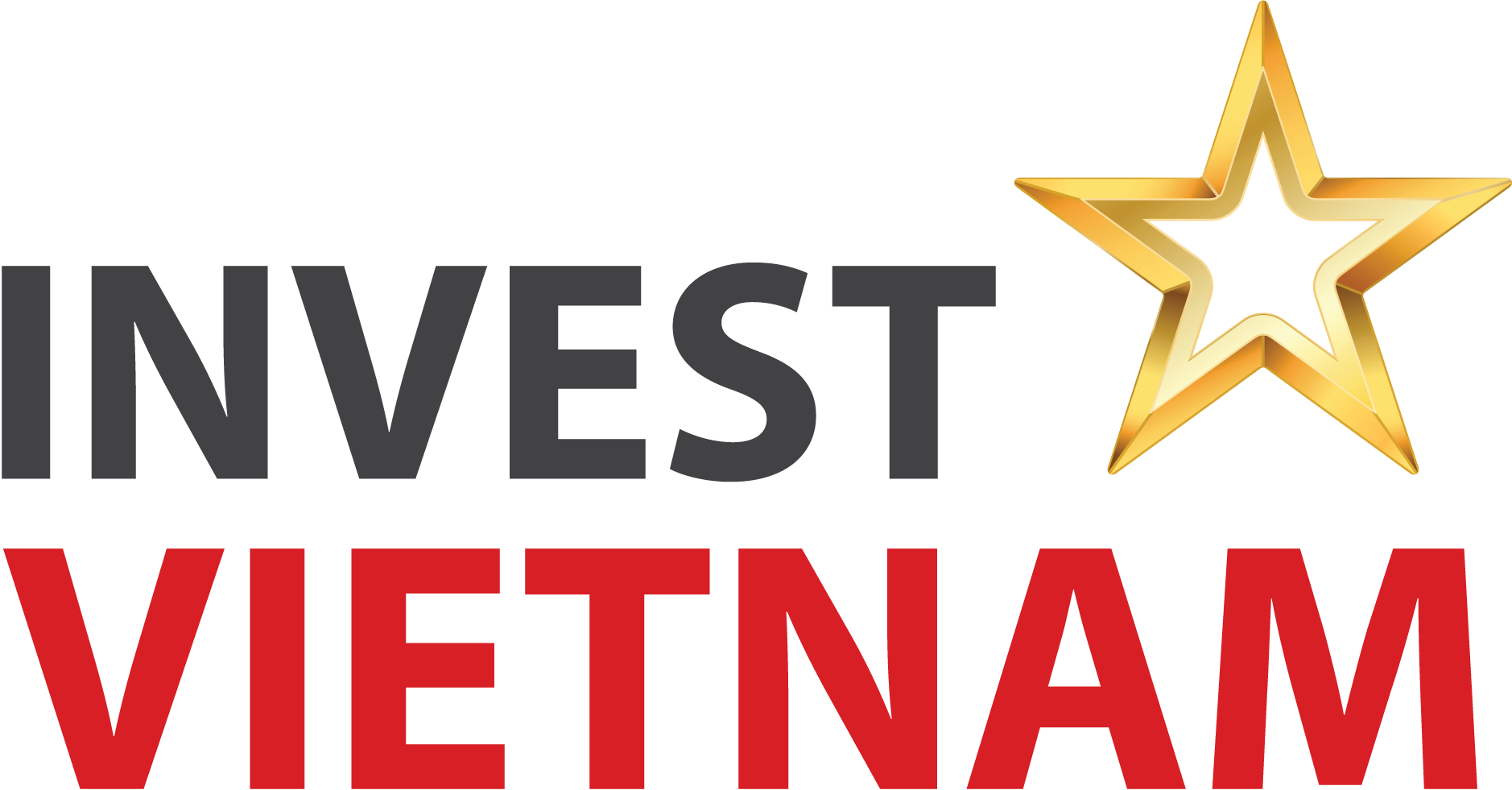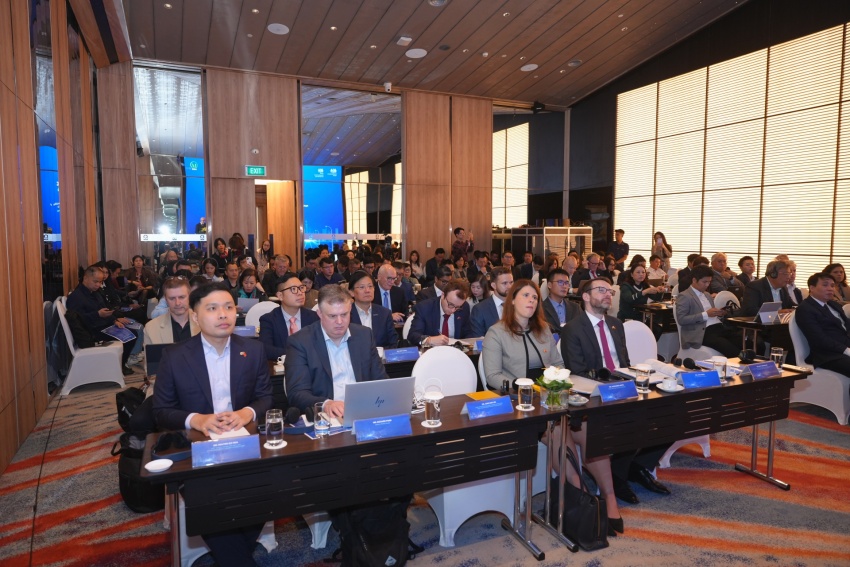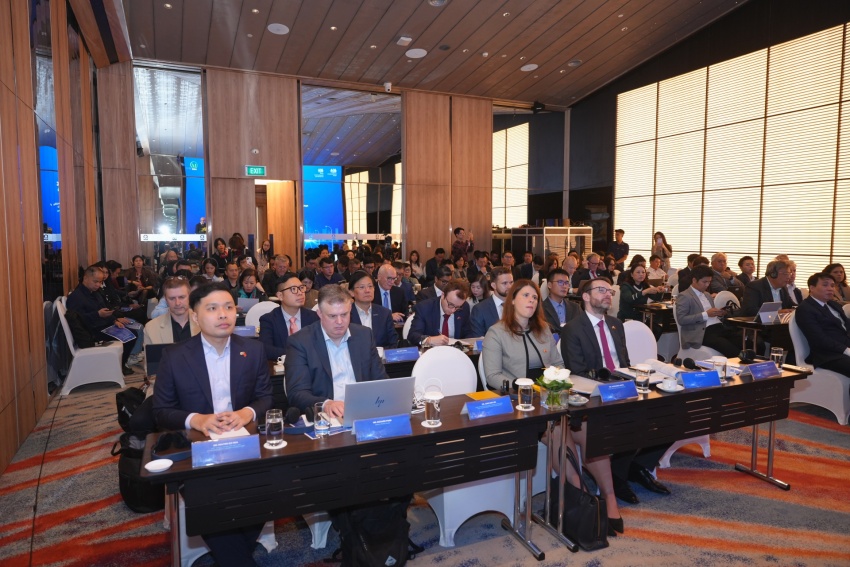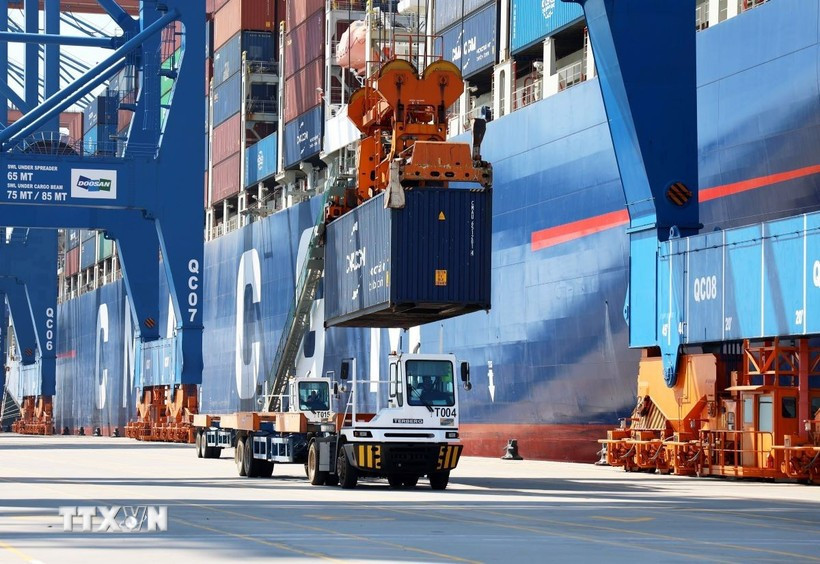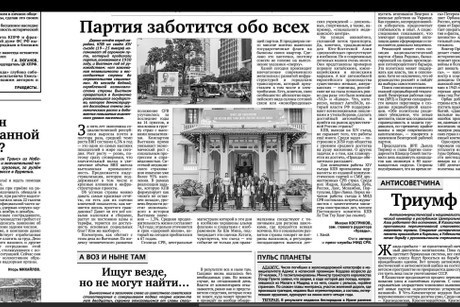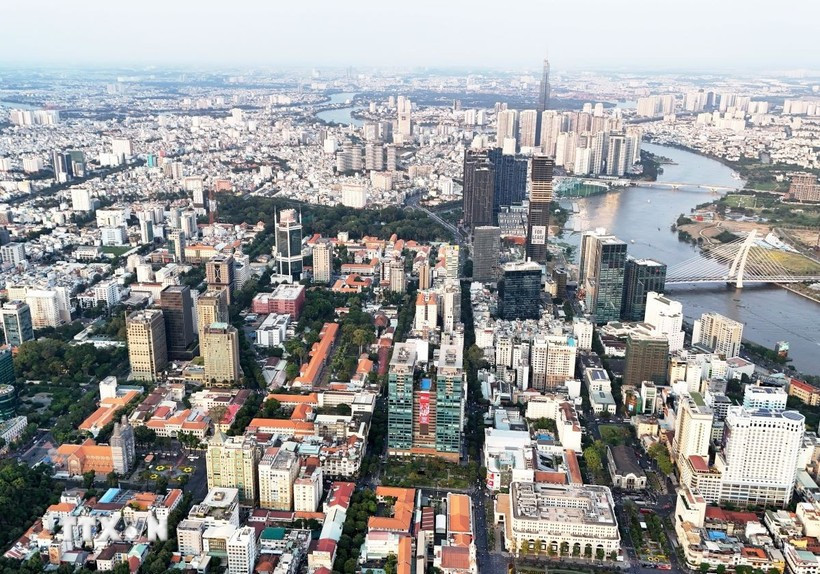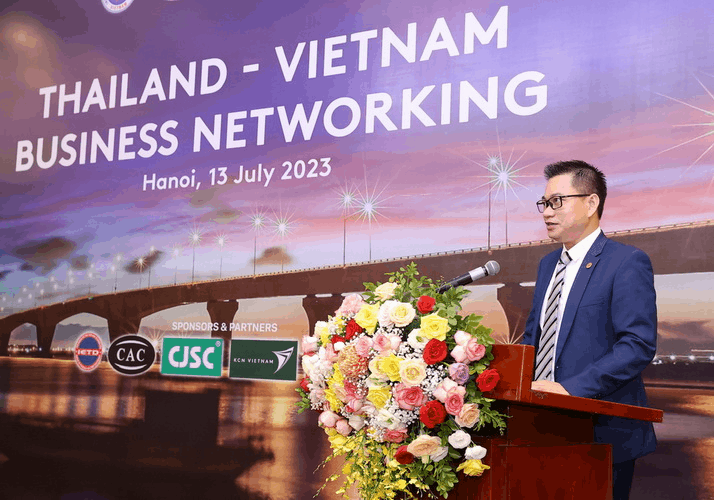FDI takes on innovation focal point
Nearly 40 years since opening the doors to the wider world, Vietnam’s development has witnessed great strides with major contributions from foreign investment, which is now leaning into new priorities such as semiconductor manufacturing and AI.
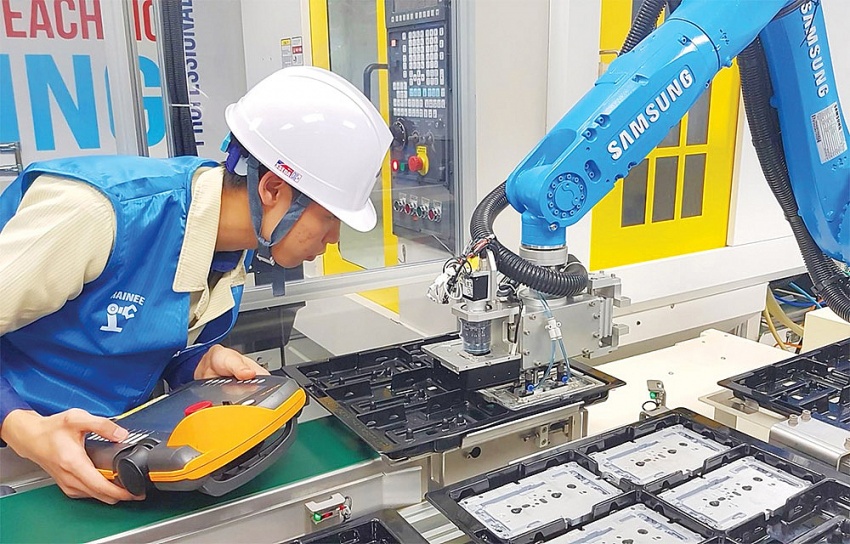
The World Bank has always assessed Vietnam as a development success story with great contributions of foreign direct investment (FDI) to economic growth. Economic reforms since the mid-1980s, coupled with beneficial global trends, have helped propel Vietnam from being one of the world’s poorest nations to a middle-income economy in one generation.
GDP per capita increased nearly seven-fold in less than 40 years, from below $600 per person in 1986 to almost $4,170 by late 2023. Poverty rates have declined from 14 per cent in 2010 to 2.93 per cent last year.
“Thanks to its solid foundations, the economy has proven resilient through different crises. Economic growth is projected to reach 5.5 per cent in 2024, up from 5.05 per cent in 2023, driven by increasing global demand and restored domestic consumer confidence,” the World Bank said on Vietnam’s economic performance on April 19. “Real GDP growth is expected to strengthen in the next three years, reaching the pre-pandemic average by 2026.”
Vietnam has grown bolder in its development aspirations, aiming to become a high-income country by 2045. To achieve this goal, the economy would have to grow at an annual average rate of about 6 per cent per capita for the next 25 years.
Key contributor
Figures from Vietnam’s Ministry of Planning and Investment (MPI) showed that over the past 38 years, total cumulative registered FDI in Vietnam reached $475.83 billion for nearly 39,760 projects from 145 nations and territories.
Of the total registered capital, $274 billion or 57.6 per cent has been disbursed. Foreign-invested projects have taken root in all 63 provinces and cities of Vietnam, focusing on 19 out of 21 economic sectors of the country, with processing and manufacturing achieving $287.5 billion registered FDI (60.4 per cent of the economy’s total), property business $70 billion (14.7 per cent), and electricity production and distribution $40.65 billion (8.54 per cent).
In Q1/2024, Vietnam showcased resilient economic growth with a GDP uptick of 5.66 per cent, a significant stride since 2020. The manufacturing and services sectors were pivotal, surging by 6.28 per cent and 6.12 per cent, respectively.
“Registered FDI saw a 13.4 per cent boost, securing an impressive $6.17 billion, with the manufacturing and services sectors being pivotal,” said Alberto Vettoretti, managing partner of consultancy firm Dezan Shira & Associates for China, Hong Kong, and Vietnam. “It is further noteworthy that Singapore and Hong Kong have reaffirmed their confidence in Vietnam’s growth story.”
Cumulatively, as of March 20, registered capital from Singapore and Hong Kong into Vietnam reached $77.24 billion and $35.2 billion, respectively.
According to the General Statistics Office, foreign-invested enterprises (FIEs) have been providing jobs for 4.5 million direct local labourers and millions of indirect labourers. They hold 25 per cent of total national development investment capital, and create over half of industrial production value. They are also responsible for 20 per cent of state budget and 20 per cent of GDP.
In the first quarter of this year, FIEs’ total export turnover, including crude oil exports, hit $67.85 billion, up 13.9 per cent on-year, and holding 72.9 per cent of Vietnam’s total export revenue. This was demonstrated by an on-year rise in exports of FIEs, such as mobile phones and spare parts (9.7 per cent), machinery and equipment (10.2 per cent), and garments and textiles (7.9 per cent).
“FDI has helped Vietnam engage in international integration since the economic reforms in the 1980s and the opening door policy were launched, contributing to supporting the country to get out of international embargo, and recover its relations with many nations and international organisations,” said senior economic expert Nguyen Mai. “Moreover, FDI has also helped Vietnam enhance its status and prestige in the region and the wider world.”
Climbing global value chains
Over past months, the Vietnamese government has continuously worked with foreign big groups specialised in high technology, and semiconductor chips. According to the MPI, Vietnam is now focusing on luring in high-tech FDI with big spillover effects in the sectors of AI, semiconductors, and blockchain.
Last week, Minister of Planning and Investment Nguyen Chi Dung met in Hanoi with Keith Strier, vice president of US-backed Nvidia, the world leader in AI computing.
Strier said the group would work with the Vietnamese side to turn Vietnam into a manufacturing base with specific projects, especially when it comes to high technology application and high-quality workforce training.
Nvidia inked an MoU with Vietnamese tech firm FPT to establish an AI venture. Under the MoU, FPT intends to invest $200 million in setting up an AI facility leveraging Nvidia’s cutting-edge technology, including graphics chips and software.
The facility aims to bolster AI research and development capabilities, enabling the creation of advanced applications and solutions, with a focus on AI generation, autonomous vehicles, and green transformation.
During a meeting with Strier last week, Phan Van Mai, Chairman of Ho Chi Minh City People’s Committee, suggested that Nvidia construct a new AI centre in the city.
Strier said Nvidia will establish a research team, bring equipment and move some production departments to Vietnam. It will also determine a plan to develop specific steps for the group’s presence in the city.
The US and Vietnam lifted bilateral ties to a comprehensive strategic partnership last September, with the former pledging to support the latter in workforce development initiatives for the semiconductor industry. Vietnam is now quickening the implementation of a programme on training 50,000-100,000 high-quality engineers for the semiconductor industry.
Specifically, through a package of $4 million in dedicated programmes, the US mission to Vietnam is enhancing technical skills training and workforce development at every level through expanded US-Vietnam institutional and public-private partnerships.
Recently, PM Chinh also met with many Japanese companies on developing a semiconductor ecosystem in Vietnam. They include SBI Holdings, Renesas Electronics Corporation, Denso, Rapidus Corporation, and Tokyo Electron Ltd., which all expressed their intention to invest in Vietnam in the sector.
By Nguyen Dat
Source: VIR
Original link